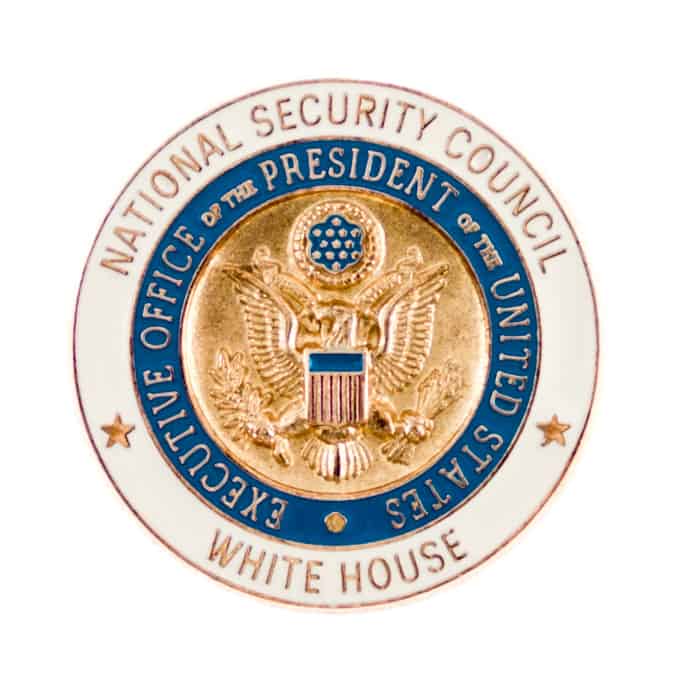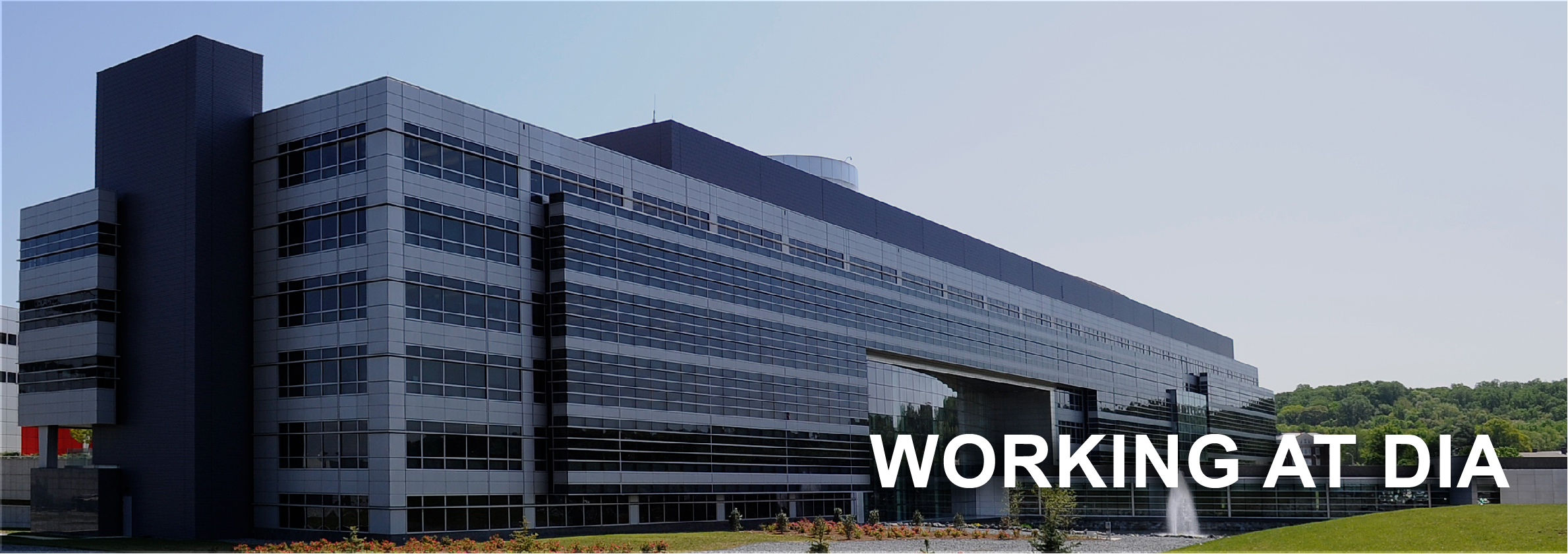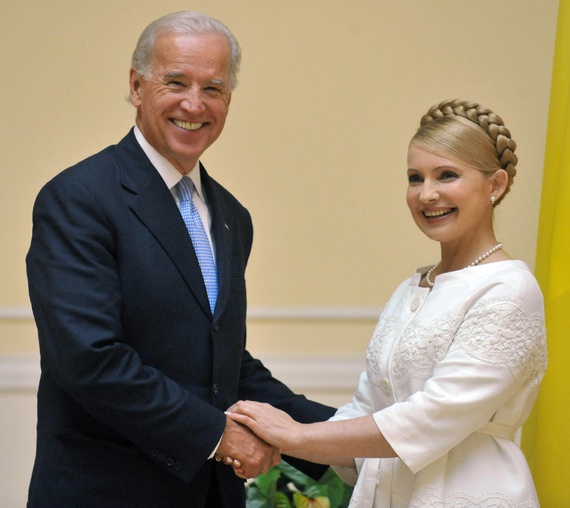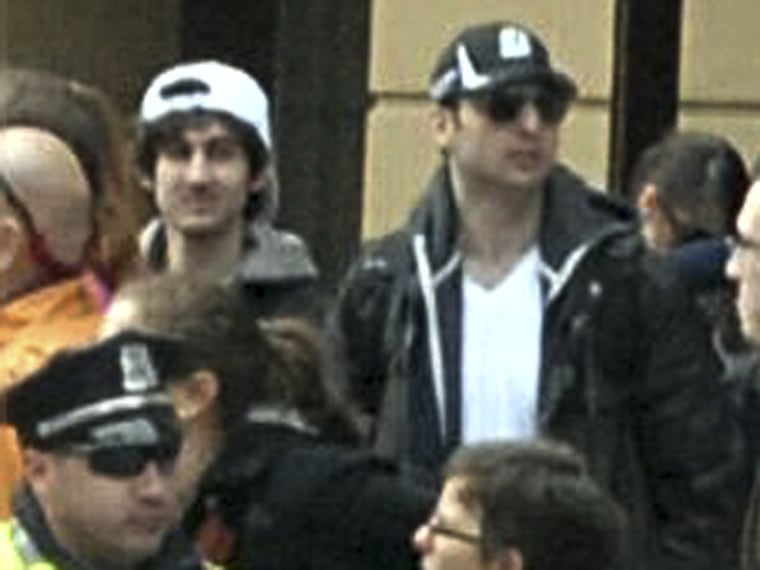So much was been said in testimonies on The Hill during the impeachment inquiries about President Trump placing a hold on military assistance to Ukraine for various reasons as asserted by Democrats. President Trump has questioned foreign funding going all the way back to his campaign days and still he continues to question the investment(s) and use of that aid not only for Ukraine but for Lebanon, Pakistan and Afghanistan. IN 2018, Trump delivered a speech at the United Nations on this very issue that for some countries and non-government agencies caused some panic and rightly so.
But for Ukraine we need to travel back in time, a short time, in 2016 when Defense Secretary Ashton Carter along with his Ukrainian counterpart Stepan Poltorak signed a partnership agreement in London that would increase the defense capability of the Armed Forces of Ukraine, promote the defense sector and strengthen military-technical cooperation. This was all in an effort to further Ukraine’s ability to protect its territory. It was during this time that Secretary Carter assigned then retired General Abizaid to be the manager of Ukraine with his counterpart to bring reforms, meet new standards, strengthen democratic civilian control over the armed forces and transition personnel structure making it compatible with NATO standards including corruption.

Now, 3 years prior to this, the Obama White House provided a FACT SHEET detailing support for Ukraine. In the fact sheet, there are some key items:
1. The U.S. government has provided $291 in assistance as well as a $1 billion loan guarantee. The breakdown is described as $7 million in humanitarian aid for those affected by the conflict. $46 million in security assistance for Ukraine’s military and border guards. This assistance includes the provision of body armor, helmets, vehicles, night and thermal vision devices, heavy engineering equipment, advanced radios, patrol boats, rations, tents, counter-mortar radars, uniforms, and other related items.
2. Obama assigned Commerce Secretary Penny Pritzker to lead the US delegation for Ukrainian government and business leaders to discuss economic reforms to attract foreign investment capital.
3. Obama instructed continued work at the congressional level to seek other opportunities of assistance including other defense and interoperability initiatives with Western forces.
4. The Obama administration was also seeking coordination with Ukraine to strengthen election integrity and security, an inclusive Constitutional reform, public outreach, defend human rights, social protection programs, energy subsidies to increase use among households but most of all technical assistance to restructure Ukraine’s national oil and gas company Naftogaz. (Naftogaz is a subsidiary of Burisma)
5. Retool media and expand the reach. The Broadcasting Board of Governors (BBG) will launch a daily, 30-minute Russian language television news program that will be a joint production of Radio Free Europe/Radio Liberty and the Voice of America. The program will be shown on television affiliates in Ukraine, as well as in Lithuania, Latvia, Estonia, Moldova, Georgia, and possibly other countries. BBG will seek to make the program available to Russian-speaking news-seekers worldwide via digital platforms.
6. Obama directed U.S. authorities to work closely with Ukrainian authorities to help recover stolen assets, processing activities and evidence collection. Additionally, the Obama administration directed U.S. agencies to aid Ukraine officials to develop laws and regulations to establish anti-corruption institutions to combat corruption more effectively. Further, the United States was directed by Obama to contribute to international efforts including through the OECD and the EBRD to deter bribery and improve the Ukraine business climate. (The OECD = the French based Organization for Economic Co-operation and Development and the EBRD = European Bank for Reconstruction and Development)
So, what do we have, the Obama admin plan, read Marshall plan for Ukraine failed. Then they had to rethink it all and send in other plan that sought to bolster military assistance for Ukraine using Secretary Carter and General Abizaid. Still, the military conflict manifested in Ukraine due to Russian forces. Interesting none of the witnesses expressed Obama failures.
Looking at Ukraine through President Trump’s view says he was proceeding with cooperation but wanted more reviews given the exceptional events since 2016 and rightly so including all things Biden, Burisma, corruption, theft, money-laundering and especially the change in the country’s leadership.
This brings us to NATO. Yes, President Trump did have some contempt for NATO not so much because it has been somewhat ineffective with regard to Russia but more due to NATO members not only not paying their mandated dues but member countries were not offering like assistance of that of the United States then or now. In 2018, President Trump with this envoy had a presentation in part dealing with Ukraine in the regard to the Nord Stram 11 gas pipeline.
Nord Stream II could cost Ukraine up to $2 billion annually in transit revenues, severely undermining our efforts to help secure an independent and economically sustainable Ukraine.
Ukraine continues its long journey to reforming its economy and achieving faster growth. Progress has been made on improving the governance and profitability of Naftogaz, the state-owned gas company, and improving oversight and resilience of the financial sector. Just last week, the Rada strengthened the anti-corruption process. But, Ukraine’s work – and the work of the U.S. and the EU in supporting reform efforts – is not complete. To grow, further progress is needed, including land reform, de-monopolization, natural gas price reforms, and further measures to counter corruption in the lending system.
Included in the remarks again was Naftogaz, once again it is a subsidiary of Burisma. Lots of corruption within Naftogaz as noted here. It is no wonder VP Biden was assigned the Ukraine portfolio and took advantage of circumstances.
In part from 2016:
“Russia criticizes our support of Ukraine. But Ukraine is an independent state and it asked for support. This is absolutely the legitimate right of every country, to ask for support and receive it. So there is no reason for criticism of the fact that we support a democratic government,” said Stoltenberg.
He recalled that NATO is providing support to Ukraine through a number of trust funds in the fields of logistics, management and reform of the military sector.
“We established a Commission Ukraine-NATO, which is a platform for our political and practical cooperation. But, of course, you can always do more. We work with the Ukrainians [to determine] what kind of support we can provide, policy and practice,” he added.
Stoltenberg noted that one of the biggest achievements of the summit in Warsaw was the fact that NATO formulated its policy towards Russia: a military fortification but also political dialogue.
So, to those Republicans on the Schiff Intelligence Committee, how about calling in General Abizaid for perspective and background to diffuse those Democrats that omit other Ukraine facts. Perhaps that would explain why poor Ukraine has lost 14,000 lives in the hot war with Russia. Add to the list of witnesses, Victoria Nuland, Susan Rice, Tom Donnilon, Ben Rhodes and Goesta Ljungman the onsite IMF representative in Ukraine. The investigations in Ukraine go way beyond Burisma and the Bidens.







